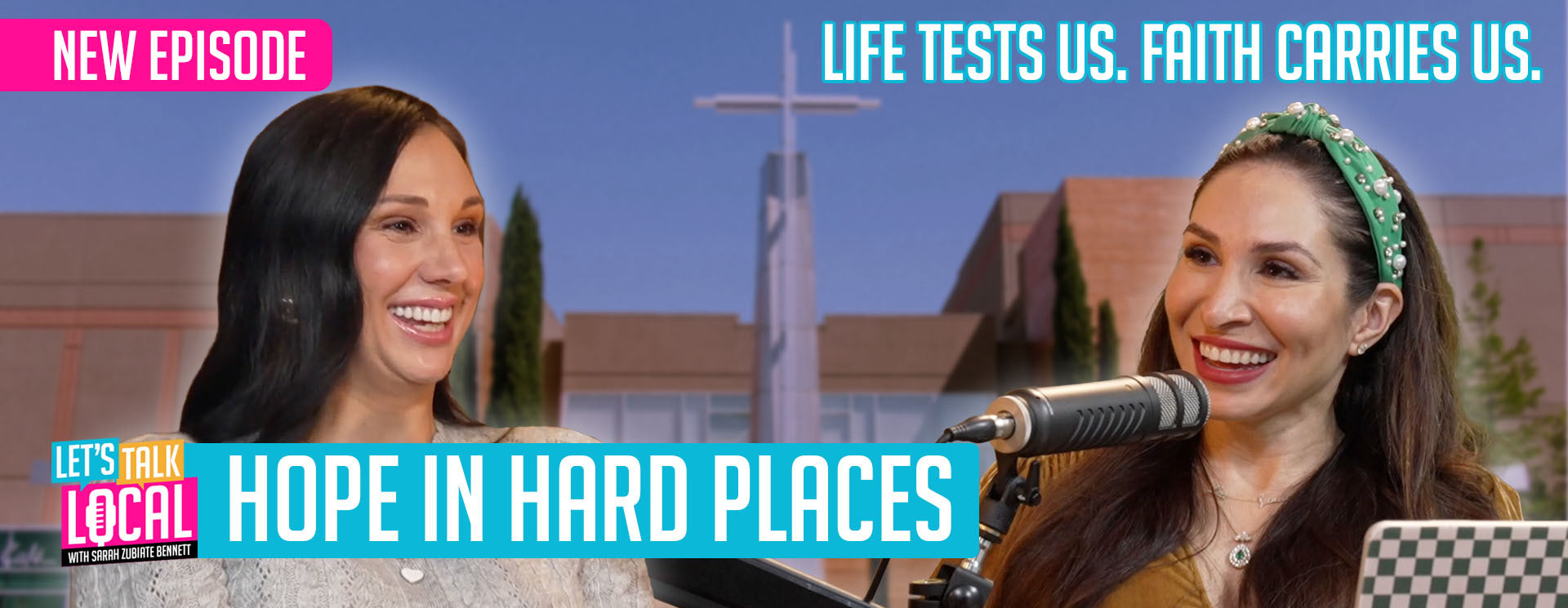The City of Dallas Office of Equity and Inclusion hosted its third annual Equity Indicators Symposium last month. The three-hour discussion featured three panels of experts who discussed the efforts the City is making as it crafts its Racial Equity Plan.
In 2019, Dallas became one of only five cities selected to participate in the Equity Indicators Project. The project uses a variety of metrics to identify disparities in the way racial or ethnic groups are treated. In all, sixty indicators are used to advise policymakers about ways to improve societal equity.
The first equity report was published in 2019 by the non-profit organization Every Texan, formerly the Center for Public Policy Priorities.
Every Texan updated data for thirteen of the indicators for the current year. The indicators are business establishments, unemployment, working poverty, evictions, housing cost burden, internet access, utility expenses, fines and fees, domestic violence, health care providers, insurance, chronic disease, and child food insecurity. The indicators are given a score of 1-100, where 100 indicates no disparity.
The Equity Indicators report from 2019, using data from 2017 and 2018, gave Dallas an overall 38.7 out of 100. One year later, marked improvements in almost every category increased the overall score to 39.8.
Dallas’ largest disparities in both reports were in the categories of Justice and Government. Neighborhood equity continues to be the City’s highest-scoring indicator, but was the only area to decrease in equity from the previous year.
Sarah Cotton Nelson, the outgoing chief philanthropy officer for Community Foundations Texas, moderated the first panel discussion. Deputy Mayor Pro Tem Jaime Resendez and Councilmembers Jaynie Schultz and Casey Thomas II were on the panel. They addressed wide-ranging questions about the work of implementing equity in the Dallas region.
The second part of the symposium discussed the facts and figures of measuring equity. The discussion was moderated by Harold Hogue, managing partner of CoSpero. CoSpero is an equity advising company that is working with the City to draft the Racial Equity Plan.
Guests on the second panel included Jared Fitzpatrick, senior vice president of Diversity, Equity, and Inclusion for the Dallas Regional Chamber of Commerce, Susana Cordova, deputy superintendent of Dallas Independent School District, Dr. Roberto De La Cruz, chief medical officer with the Parkland Health and Hospital system, and Dr. Lindsey Wilson, equity officer with the Office of Equity and Inclusion for the City of Dallas.
The final forum featured Diana Flores, trustee District 6 Dallas College Board of Trustees, Rev. Danielle Ayers, minister of justice with Friendship West Baptist Church, and Dr. Eric J. Ban. The moderator for the discussion was Dr. Michael Sorrel, president of Paul Quinn College. The group discussed how accountability factors into the creation of the Racial Equity Plan.
The plan is expected to be completed in 2022.


